$ 38.25 SRP
The boxed set contains parts to make 25 plastic, multi-pose US infantrymen. There are several backpack and equipment options on the sprues so you can use this set to represent American footsloggers from their introduction to the Second World War in 1941 right through to the end of WWII. They wouldn’t look out of place in the Pacific and would even be good for US troops in the Korean War. For those of you after something a little bit different for an army how about painting them as Free French soldiers (they used US uniforms and equipment) or even the Brazilian Expeditionary Force!
$ 42.50 SRP
The Immortals were so called because if their number ever fell below 10,000 through ill health or death they were instantly replaced, Giving the impression that their numbers never diminished. The Immortals were the best the Persian army had to offer and only ever accompanied the great king when he lead his army on campaign
Arguably the most famous and feared troops in the Persian army, the Immortals were the best troops the Persian army could field and only ever took to the field when the King did.
Pack contains 20 metal figures including command.
$ 13.60 SRP
Early Achaemenid armies would have employed cavalry in large numbers, it was said to have been its defining feature. Light cavalry would ride swift light horses found in abundance in the near east. The horses would have been un-armored so its speed and movement was not hindered.
The horses mane has been tied in a topknot between the ears in the typical Iranian style shown in Persian art. Some early Achaemenid cylinder seals show riders wearing linen cuirass, probably in the Skythian style with the lower reaching rounded shoulder guards. Enemy flanks would be harassed with javelins at a distance. It is unlikely that they would have engaged the enemy in direct combat as they were ill-equipped for such encounters.
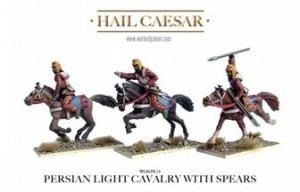 Persian Light Cavalry with Spears
Persian Light Cavalry with Spears
$ 13.60 SRP
The command is equipped in the same manner as the Sparabari command, except that the leader wears a bronze ‘Mesopotamian’ style helmet as described by Herodotus. The horses tails are also tied at the ends is shown on some Achaemenid art. It is thought this may be a sign of rank.
$ 13.60 SRP
The commander of the heavy cavalry would have been very high ranking, perhaps even a member of the royal family. He carries a mace and golden akniakes., similar to ones found at Persepolis. The standard carries the kings royal symbol beaten into a sheet of gold.
$ 13.60 SRP
Persian nobility (azata) would have made up the ranks of the Persian cavalry. Contemporary depictions show cavalry wearing short sleeved cuirass with very high neck protectors, these were likely covered in iron or bronze scales. For added protection an iron or bronze conical helmet with a crest was often worn. The scale leg protectors of the later Achaemenid army’s were not used at this time. Instead quilted trousers would have been worn. As with their other clothing, these would have been richly dyed and embroidered.
$ 51.00 SRP
It’s here – the long-awaited rulebook covering the Italian Wars, Tudor Wars, Thirty Years War, English Civil Wars, and The War of the Grand Alliance this 208 page hardback book is chock full of exquisitely painted miniatures, army lists and battle report
Horses would have been unarmored at this time, it wasn’t until the Parthian period that mass production of horse amour came into existence. Also, horses were not large or strong enough to carry the added weight, along with a fully armored rider! Cavalry are depicted as carrying bows in a Median bow case and using a spear over arm.

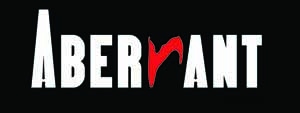
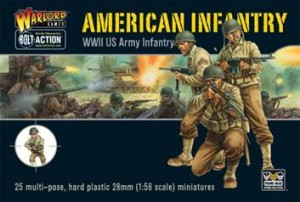
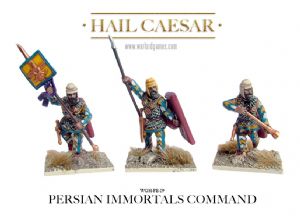
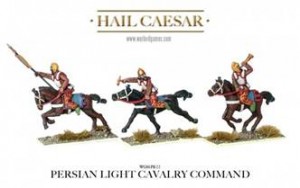
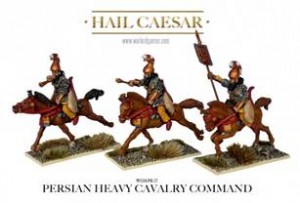
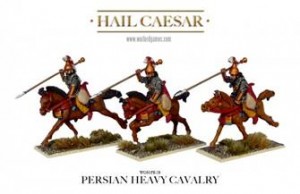
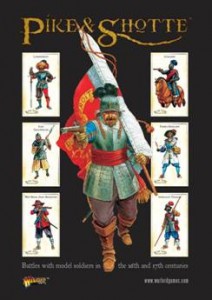

Sorry, the comment form is closed at this time.